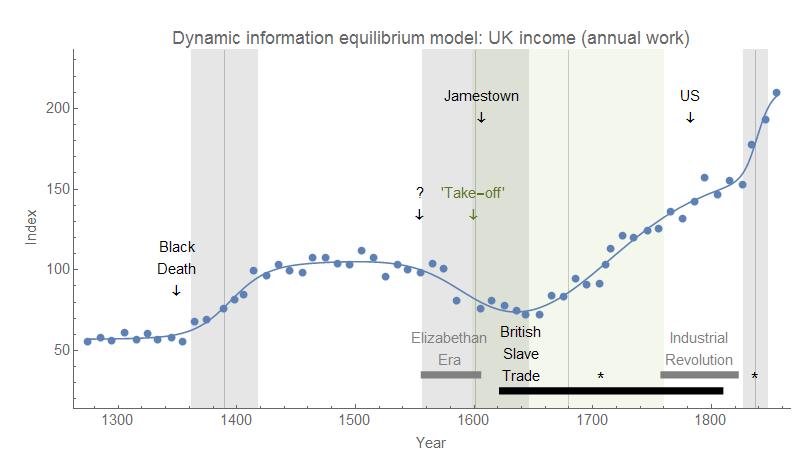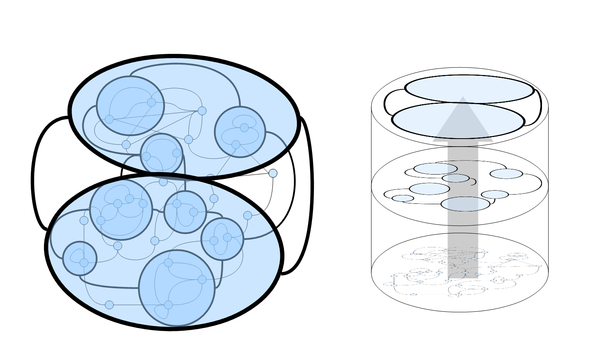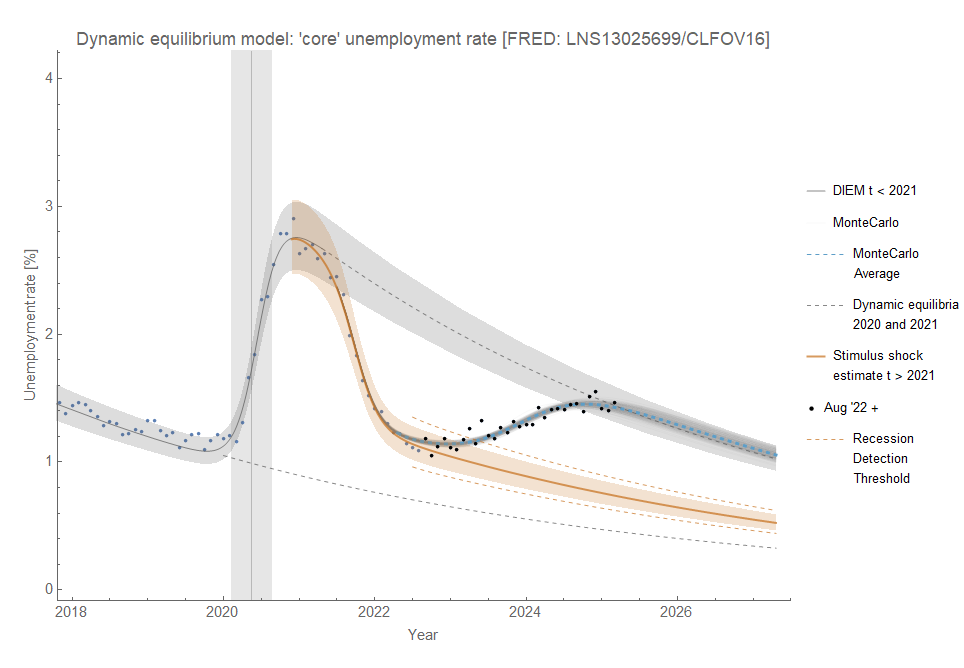The Economics Nobel Is Not a Real Nobel

No, not for "that" reason.
The 2025 Nobel prize in economics (again, not dissing it for "that" reason so just going to call it the Nobel prize) when to Joël Mokyr, Philippe Aghion, and Peter Howitt. It seems to have gone to Mokyr for the best just-so story about the Industrial Revolution (IR). Probably second in scale only to the Fall of Rome (made you think about it), the IR has spawned an entire industry of just-so stories. We live in a "technological" age surrounded by all this awesome "technology". Surely when we started developing "technology" at scale it caused economic growth, right? Right!? Except it's hard to explain why, if it was purely technogenic, the growth was focused almost entirely on the UK. That's where the just-so stories come in. Mokyr's is (oversimplifying, of course) that the UK had a "culture of tinkerers" that made them special little guys capable of not only transforming IR technology into economic growth, but getting that growth started a century before the IR even happened. I assume the TARDIS was involved in some way.
Dietrich Vollrath points out that the "sustained growth" of the modern era in the UK appears to have started in the mid-1600s. My own crackpot Dynamic Information Equilibrium Model (DIEM, graph above) says early 1600s. In fact, the IR appears right as that early surge of growth begins to fade. More on that little nugget in a second. So what could be happening, specifically regarding the UK, in the period from 1600 to 1800? Or how about using the uncertainty in the estimates and adding a couple of significant figures: what could be happening in the period from 1619 to 1783? If you said colonialism and the slave trade you are 1) right, and 2) woke.
The thing that started me down this path was noticing many of the (just-so!) stories of the mid-20th century inflation and growth (in particular the monetarist ones, in even more particular, Friedman's) made no sense from a causal perspective. Monetary base growth happens last. What happens first? Women start to enter the workforce in larger numbers. And when capital can pay women 70 cents on the dollar for the same output and reap the benefit, well, just imagine when you could pay 0 cents on the dollar. Growth and inflation are always and everywhere a labor phenomenon.

Seeing one "neoclassical" just-so story fall victim to causality because of what was objectively happening with a group of people who were not white men naturally primed me to see the IR in this same light. I wrote more extensively about it here. The title of that post was "A Solow Paradox for the Industrial Revolution" and I talk about a lack of a major signal from industrial technology in the macro metrics.
Which brings us back to that interesting nugget: the IR is a burst of innovation that comes in a period around the late 1700s right as the surge of growth from colonialism and slavery begins to fade. The original Solow paradox is about the lack of a major signal from Information Technology (IT) in the macro metrics — a burst of innovation that comes in a period around the late 70s through the 80s, right as that surge of growth from women entering the workforce ... begins to fade.
What if, instead of technology (IR, IT) causing a surge in growth, which is causally backward, technological development is a kind of "alpha seeking" behavior in the face of a fading growth surge and unsustainable paradigms? Sure, it's a just-so story, too. But at least it has the benefit of obeying fundamental laws of physics. (Nobel, please.) Regardless of what the best theory is, I find the "culture of tinkerers" just-so story lacking in its ability to explain the internal contradictions of the purportedly intuitive technology → growth picture around the IR that is only further confounded by the exact same issues as the Solow Paradox for IT.
PS If you like your historical trends in "big" frameworks: you can add a fading favorable climate as a factor to human labor to shoehorn the technological developments of the neolithic revolution (post-Younger Dryas) and the Renaissance (post-Medieval Warm Period) into this picture.




